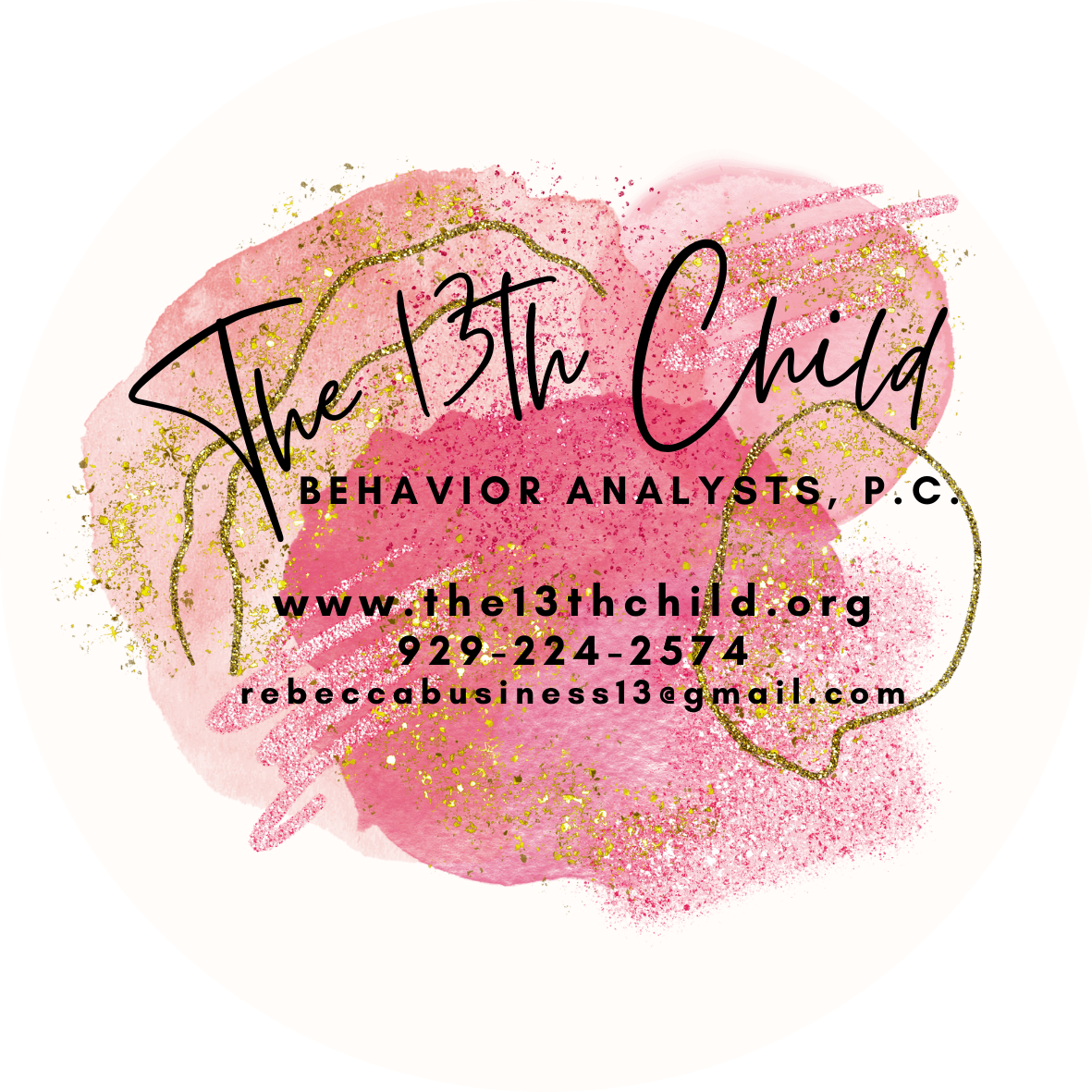
Frequently Asked Questions
-
Autism spectrum disorder, or ASD, is a neuro-developmental condition which is usually diagnosed early in the toddler years. Ages between 1 to 3 are typically filled with language bursts, the first appearance of your baby’s personality, and so much more. During this time, parents, close family friends, or extended family may notice something is a little off or different. Most concerns are centered around language, behavior, play skills and social skills. Comments or questions can arise about your child’s speech development, limited social relatedness, and restricted activities.
-
The child may avoid direct eye contact. They may only respond when one particular parent calls their name. There may be unusual motor movements such as hand flapping, side-eye gazing, walking on toes, or other self stimulations. These are called self-stimulations because the child may not be getting “feel-good” feedback from their environment. Therefore, they may stimulate their senses on their own.
Prior to verbal language, typical children will nonverbally communicate. This can be pointing or shaking head “yes” or “no”. Children with ASD will hand-lead; rather than pointing at the desired item, he or she will take the parent’s hand and place it on top of the item. This is because a child with ASD struggles with theory of mind. A baby who points believes that the parent will understand and meet their needs. A baby who hand-leads wants to make sure that the parent literally knows what they want; “after all, how else will my Mom and Dad know?”
-
A diagnosis of ASD requires a person to have issues in each of these three domains:
social relatedness, communication/play, and restricted interests and activities.
Social relatedness includes marked impairment in non-verbal communication, peer relationships and social-emotional reciprocity.
Communication/play includes either a delay or total lack of spoken language, lack of developmentally-appropriate make-believe or social play.
Restricted interests and activities includes encompassing preoccupations, adherence to non-functional routines or rituals, and self-stimulatory motor mannerisms.
-
Someone with ASD might…
-not respond to their name
-not point at objects or things of interest, or demonstrate interest
-not play “pretend” games
-avoid eye contact
-want to be alone rather than interacting with others
-have minimal speech, if any
-repeat words or phrases heard from others, echolalia
-get upset by minor changes
-have obsessive interests
-flap their hands, rock their body, or spin in circles
-overly or underly sensitive to the way things sound, smell, taste, look, or feel
-demonstrate little safety or danger awareness
-have extreme anxiety and phobias, as well as unusual phobias
-play with toys the same way every time
-
Applied Behavior Analysis (ABA) is the science of changing socially significant behaviors, or human social problems. ABA therapy is a popular treatment for individuals living with autism spectrum disorder (ASD).
ABA is heavy-handed with reinforcement. Reinforcement is anything that makes desired behaviors bloom and grow. A student gets a sticker for her handwriting so she tries even harder to write neat. A teenager gets a homework pass for good conduct, so he becomes even more motivated to make the right choices. A saying in ABA is “catch them doing the right thing.”
Submit your own question!
Don’t see the answer you’re looking for? Click the button below to ask us anything!

